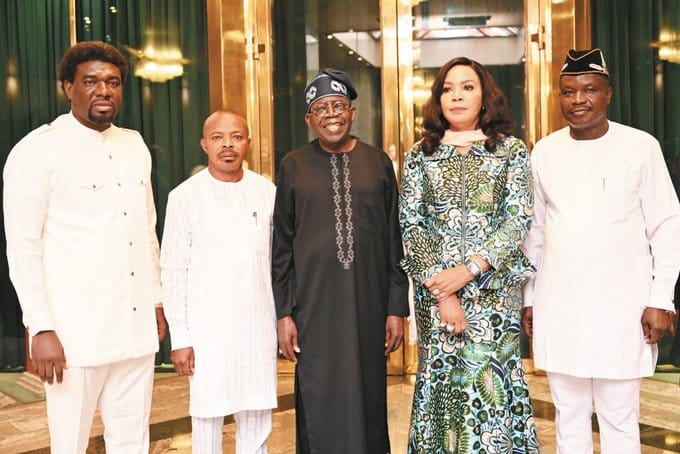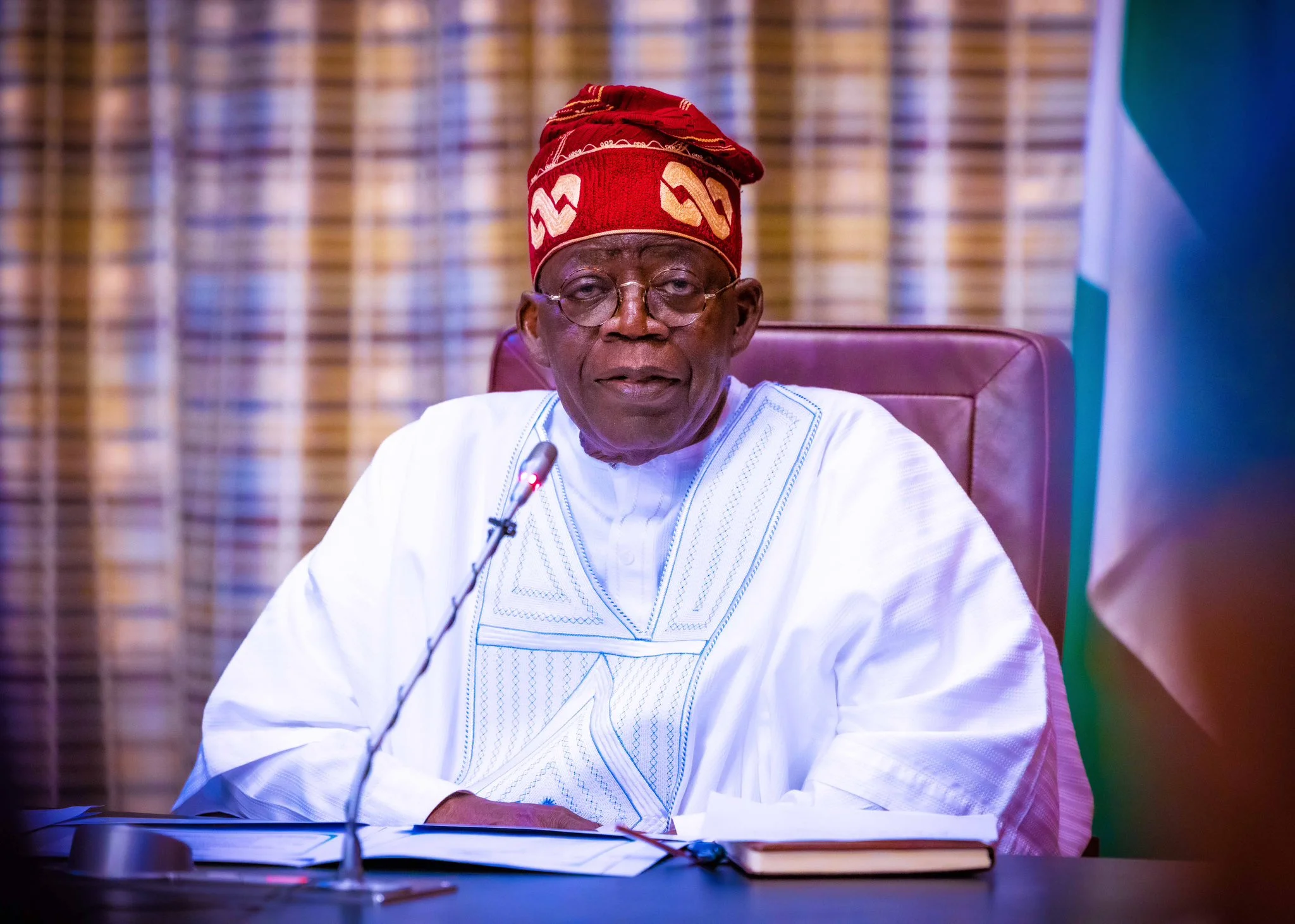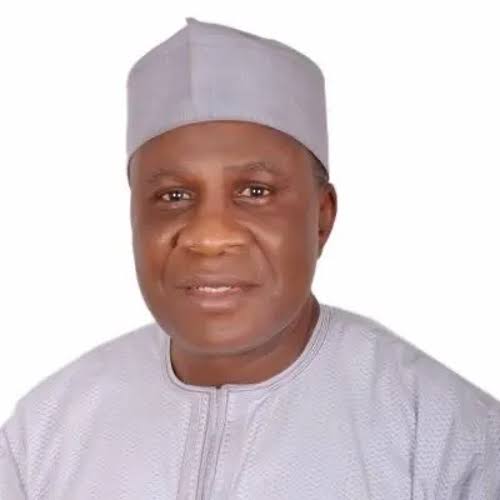Thursday’s discussions between President Bola Tinubu and the Organized Labour on the new minimum wage were adjourned until next week to allow for broader consultations with all stakeholders. The leaders of the Nigeria Labour Congress (NLC), Joe Ajaero, and the Trade Union Congress (TUC), Festus Osifo, arrived at the State House around 2:00 pm and were ushered into Tinubu’s office.
The Tripartite Committee on the new national minimum wage had recently presented two figures to the President: N62,000 from the organized private sector and the government team, and N250,000 from the Organized Labour. Following a disagreement over these figures, President Tinubu delayed sending any proposal to the National Assembly to consult all relevant stakeholders and resolve contentious issues.
Addressing State House Correspondents after the meeting, Ajaero noted that no negotiations took place during the one-hour meeting. “In a real sense, it wasn’t a negotiation but a discussion on the current economic realities in the country. We agreed to reconvene in the next week for further discussions.”
When asked about the N250,000 demand, Ajaero reiterated, “The status quo of N250,000 and N62,000 remains until we finish this conversation.”
TUC President Osifo elaborated on the economic indices presented during the meeting, highlighting the impacts on Nigerians. “We discussed issues affecting Nigerians today, including the devaluation of the naira and the rising prices of commodities. We needed to put these before the President to make the case for Labour.”
Despite the deadlock, Minister of State for Labour and Employment, Nkeiruka Onyejeocha, described the meeting as “fruitful,” emphasizing the collaborative nature of the discussions. “It is a fruitful meeting; a father-children meeting. We are hopeful that very soon everything will be resolved.”
Minister of Information and National Orientation, Mohammed Idris, expressed optimism about reaching a positive result after next week’s talks. “We believe that by the end of the day, we’ll have something that is good for all Nigerians.”
A source privy to the meeting revealed that President Tinubu urged Organized Labour to consider the N62,000 offer proposed by the government and the organized private sector. The President suggested reviewing the minimum wage every two years instead of the current five years, emphasizing the need for a pragmatic approach to wage adjustments.
President Tinubu expressed his concern for Nigerian workers’ welfare and the importance of realistic expectations regarding the minimum wage. “A happy worker is a productive worker, and society depends on the productivity of the happy worker,” he stated.
NLC President Ajaero emphasized the need for an upward adjustment to the minimum wage, congratulating President Tinubu on the Supreme Court’s affirmation of local governments’ financial autonomy. “Between living wage and minimum wage, we need to find a balance,” Ajaero noted.
TUC President Osifo pointed out the adverse effects of inflation on the naira and highlighted government measures to address the rising costs of food and transportation. He praised the President’s directive on suspending duties on certain food imports and the rollout of Compressed Natural Gas-powered buses as steps towards relief for citizens.
The meeting underscored the ongoing efforts to reach a consensus on a fair and sustainable minimum wage for Nigerian workers, with further discussions slated for the coming week.






